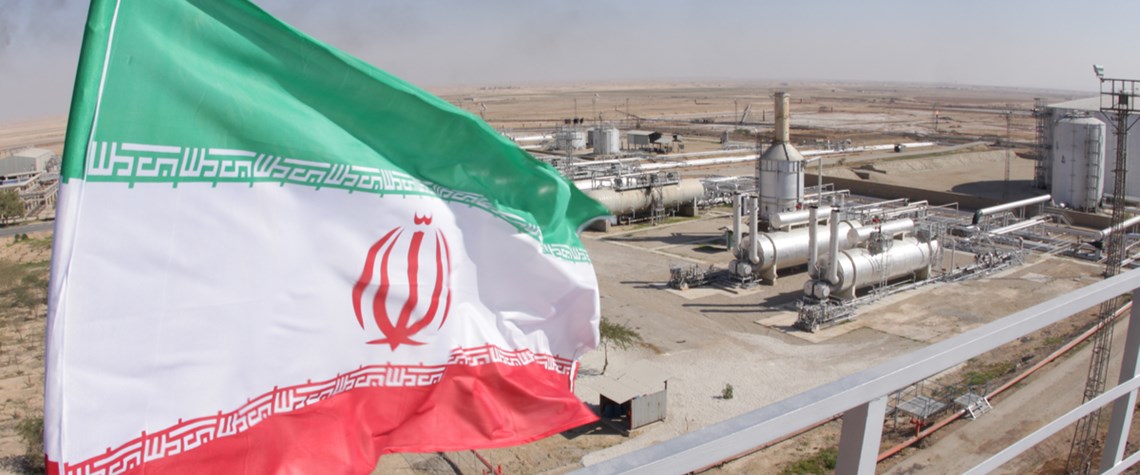9 October 2020
Local firms take Iranian field reins
Iran has succeeded in expanding its oil and gas production capacity without the help of foreign partners. But at what future cost?
Iran has made significant progress in overcoming restrictive sanctions preventing the involvement of foreign partners to further develop its oil and gas fields. And that has allowed the Islamic Republic to ramp up its secretive exports and win back market share. Following the withdrawal of international partners from integrated petroleum contracts (IPCs) signed in 2017, efforts to expand the country’s production capabilities stalled. However, the Ministry of Petroleum and state-owned NIOC appear to be beating the odds, pushing forward with local companies while maintaining previous production targets. The major push has coincided with the final year of Hassan Rouhani’s second presidential te

Also in this section
21 February 2025
While large-scale planned LNG schemes in sub-Saharan Africa have faced fresh problems, FLNG projects are stepping into that space
20 February 2025
Greater social mobility means increased global demand for refined fuels and petrochemical products, with Asia leading the way in the expansion of refining capacity
19 February 2025
The EU would do well to ease its gas storage requirements to avoid heavy purchase costs this summer, with the targets having created market distortion while giving sellers a significant advantage over buyers
18 February 2025
Deliveries to China decline by around 1m b/d from move to curb crude exports to Shandong port, putting Iran under further economic pressure







